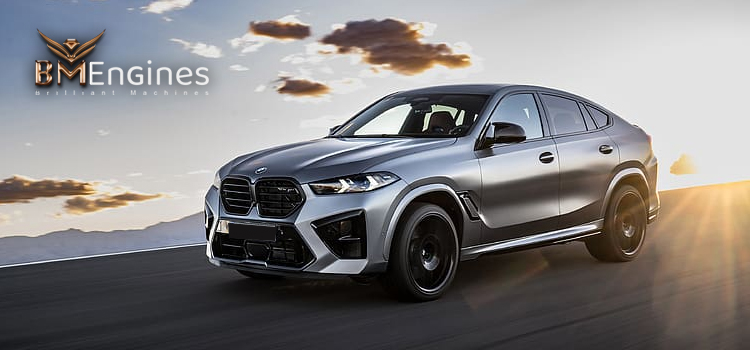Introduction
Tuning a BMW engine is both an art and a science, requiring a deep understanding of the intricate balance between power, efficiency, and reliability. Whether you’re a seasoned enthusiast or a novice looking to unlock the full potential of your BMW, mastering the art of engine tuning is essential. We’ll delve into the key factors to consider when tuning a BMW engine, exploring everything from software modifications to hardware upgrades. By the end, you’ll have the knowledge needed to elevate your BMW’s performance to new heights.
Understanding Engine Management Systems
At the heart of any BMW engine tuning project lies the engine management system. This sophisticated network of sensors, actuators, and software controls regulates fuel delivery, ignition timing, and other vital parameters. Before diving into tuning, it’s crucial to gain a deep understanding of how these systems operate. Familiarize yourself with the intricacies of BMW’s proprietary engine management software, as well as aftermarket solutions like ECU tuning tools.
Selecting the Right Tuning Platform
Choosing the right tuning platform sets the stage for success. BMW enthusiasts have a plethora of options, ranging from standalone engine management systems to piggyback tuners and flash tuning software. Each platform offers its own set of advantages and limitations, so it’s essential to weigh factors such as compatibility, ease of use, and available features. Additionally, consider whether you’ll be tuning the engine yourself or seeking assistance from a professional tuner.
Performance Software Modifications
One of the most effective ways to extract additional power from a BMW engine is through software modifications. Tuning software allows enthusiasts to recalibrate fuel and ignition maps, optimize turbocharger boost levels, and adjust various engine parameters for enhanced performance. However, it’s essential to strike a balance between power gains and drivability, ensuring that the engine remains reliable under all conditions.
Upgrading Intake and Exhaust Systems
Maximizing airflow into and out of the engine is critical for achieving peak performance. Upgrading the intake and exhaust systems can yield significant power gains by reducing restriction and improving scavenging efficiency. Consider installing a high-flow air intake system, performance-oriented exhaust headers, and a less restrictive exhaust system to unleash the full potential of your BMW’s engine.
Enhancing Fuel Delivery
Adequate fuel delivery is paramount for supporting increased power output. Upgrading fuel injectors, fuel pumps, and fuel pressure regulators can ensure that the engine receives the necessary amount of fuel under high load conditions. Additionally, consider switching to higher-octane fuel or utilizing aftermarket fuel additives to further optimize combustion and prevent knock or detonation.
Strengthening Internal Components
As power levels increase, so does the stress placed on internal engine components. Strengthening critical parts such as connecting rods, pistons, and crankshafts can help prevent catastrophic failures under high-stress conditions. For extreme applications, forged internals offer superior strength and durability compared to stock components. However, it’s essential to strike a balance between reliability and added weight or cost.
Cooling System Upgrades
Effective engine cooling is essential for maintaining optimal performance and reliability, especially during spirited driving or track sessions. Upgrading the radiator, intercooler, and oil cooler can help dissipate excess heat more efficiently, reducing the risk of overheating and engine damage. Consider installing high-capacity cooling components and upgrading to more efficient coolant and oil formulations for improved thermal management.
Fine-Tuning Suspension and Drivetrain
Enhancing engine performance goes hand in hand with optimizing the vehicle’s suspension and drivetrain components. Upgrading suspension bushings, springs, and dampers can improve handling and stability, allowing the driver to fully exploit the increased power output. Additionally, consider upgrading the clutch, flywheel, and differential to handle the additional torque and power without sacrificing drivability.
Conclusion
Tuning a BMW engine is a multifaceted process that requires careful consideration of numerous factors. By understanding the intricacies of engine management systems, selecting the right tuning platform, and implementing performance upgrades strategically, enthusiasts can unlock the full potential of their BMWs while maintaining reliability and drivability. Whether you’re chasing lap times on the track or simply seeking a more exhilarating driving experience on the streets, mastering the art of BMW engine tuning is a rewarding endeavor that promises to elevate your driving pleasure to new heights.

